



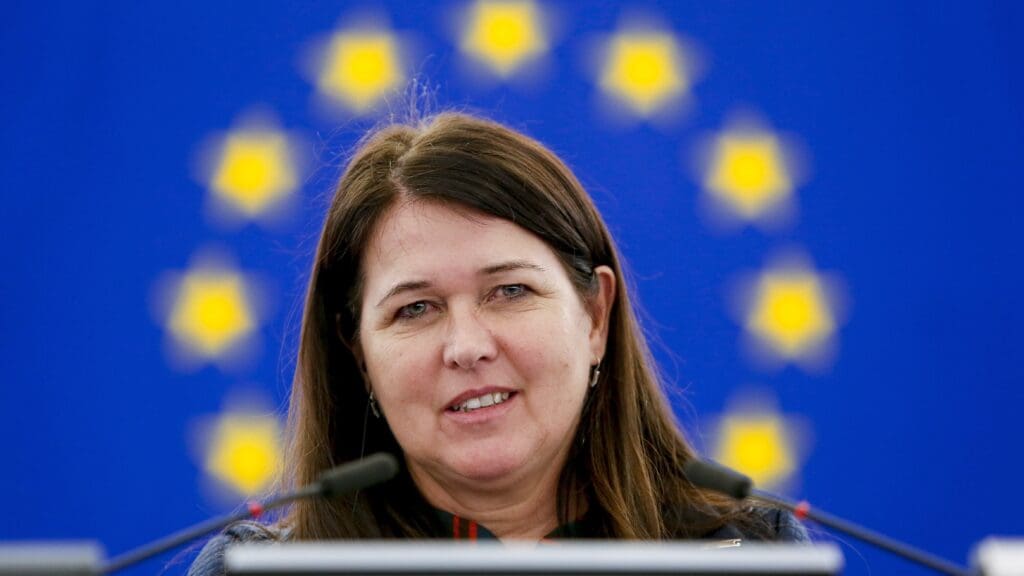
Gáll-Pelcz, a 61-year-old engineer and economist, former EP Vice-President, a mother of three, has proved that she is both a competent leader and also highly qualified for a seat on the European Court of Auditors. She was certified as an international tax expert in 2004. Her qualifications, including being a chartered tax expert, clearly made her a suitable candidate for a role that is mostly related to EU taxation and auditing.

Kunság, a Hungarian land with a unique history and captivating nature, is a standout destination for tourists with off-the-beaten-track appeal and diverse natural life.

There are two models of opposition—one that is based on cooperation and one that is based on absolute rejection. While democracies are characterised by cooperation between the ruling and opposition parties, out-of-power parties in Hungary are unwilling to cooperate with the ruling coalition, which results in their ineffectiveness.
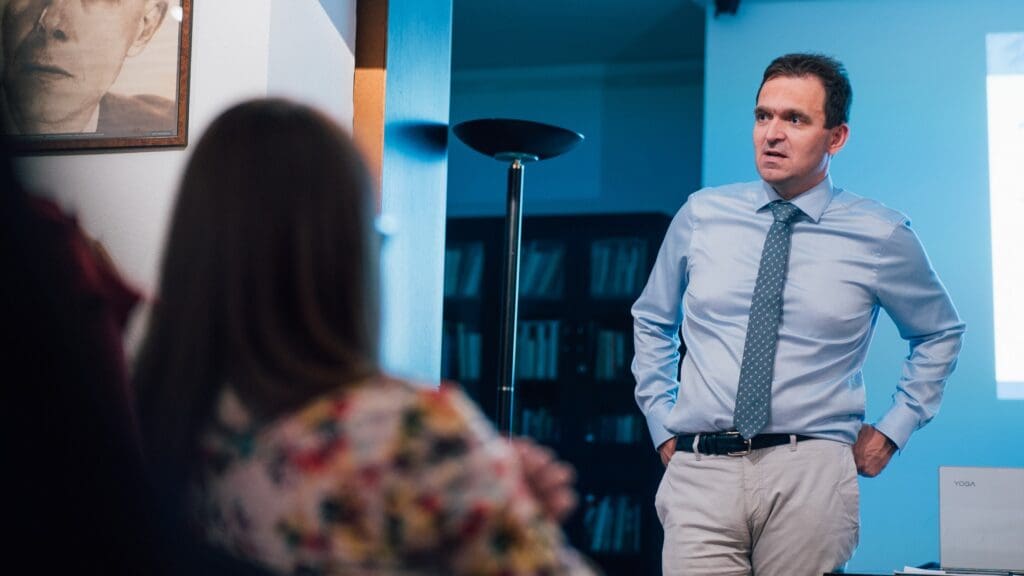
Who is Lajos Ódor, Slovakia’s first ethnically Hungarian Prime Minister? Read our in-depth analysis of his background and how he came to power during the political crisis of his country.
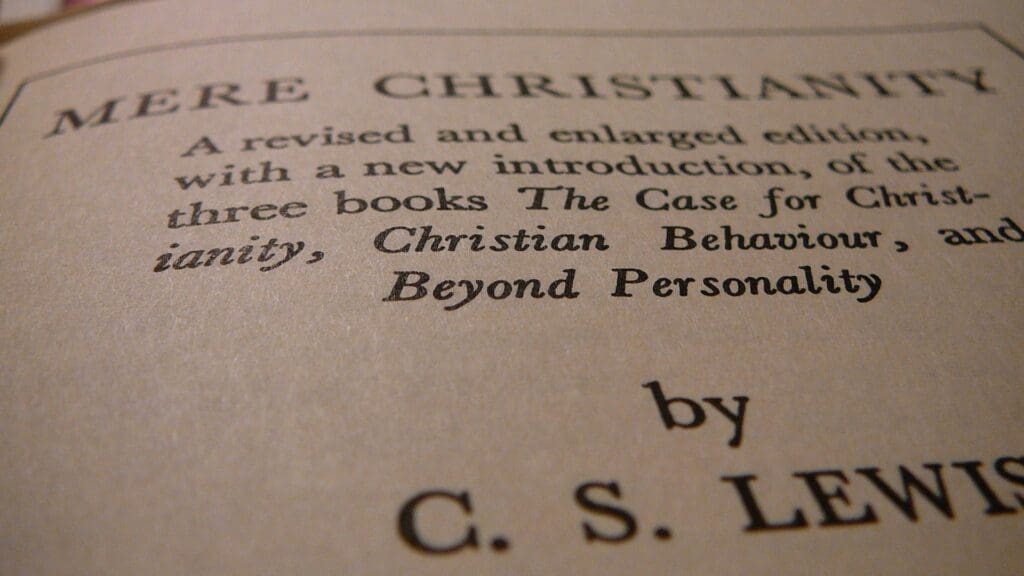
Mere Christianity is a profound exploration of faith that transcends the boundaries of its time. The vibrant amalgamation of Lewis’ remarkable wit, lucid style, and profound philosophical insights into Christianity indeed appeals to a broad audience, including non-Christians.

How to problematize everything and find solutions to nothing—a review of Cynical Theories: How Activist Scholarship Made Everything About Race, Gender, and Identity—and Why This Harms Everybody by Helen Pluckrose and James Lindsey.

The Hungarian government has vetoed the 11th EU sanctions package against Russia after it was revealed that Volodymyr Zelenskyy allegedly urged the bombing of the Druzhba pipeline, a crucial route via which Russian oil is transferred to Hungary.
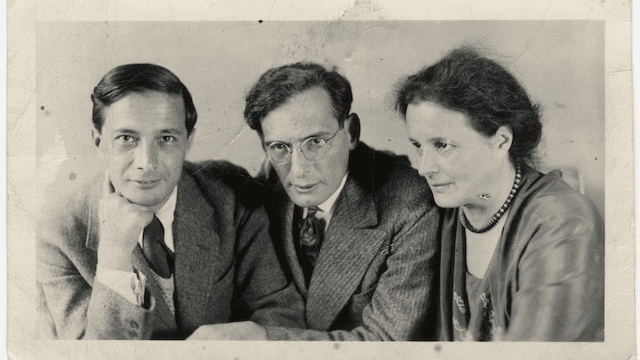
Given the resurgence of the concept of central planning, it is vital to recall that even 20th century scholars recognised the profound flaws inherent in such a techno-optimistic approach. One of the intellectuals opposing this mindset was Michael Polanyi, a Hungarian British polymath, whose ingenuity brought about important discoveries in physical chemistry, philosophy and economics.
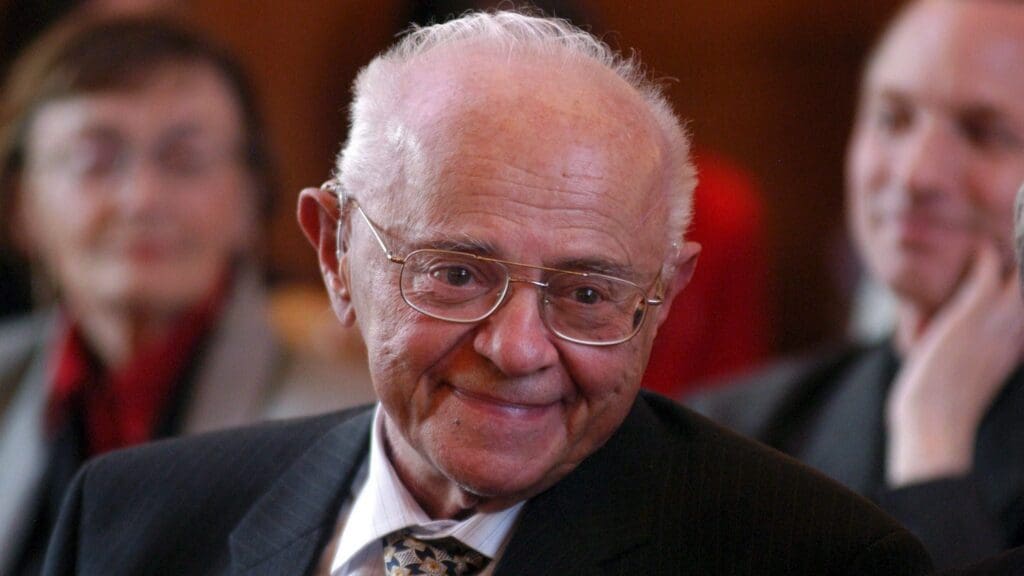
Human inventions such as contraception that ‘simplified the process’ of accessing sexual pleasures, had the ultimate side effect of devaluing romantic love, as what used to make it precious was the difficulty of overcoming the cultural and societal barriers of attaining the subject of one’s admiration, Stanislaw Lem argued.
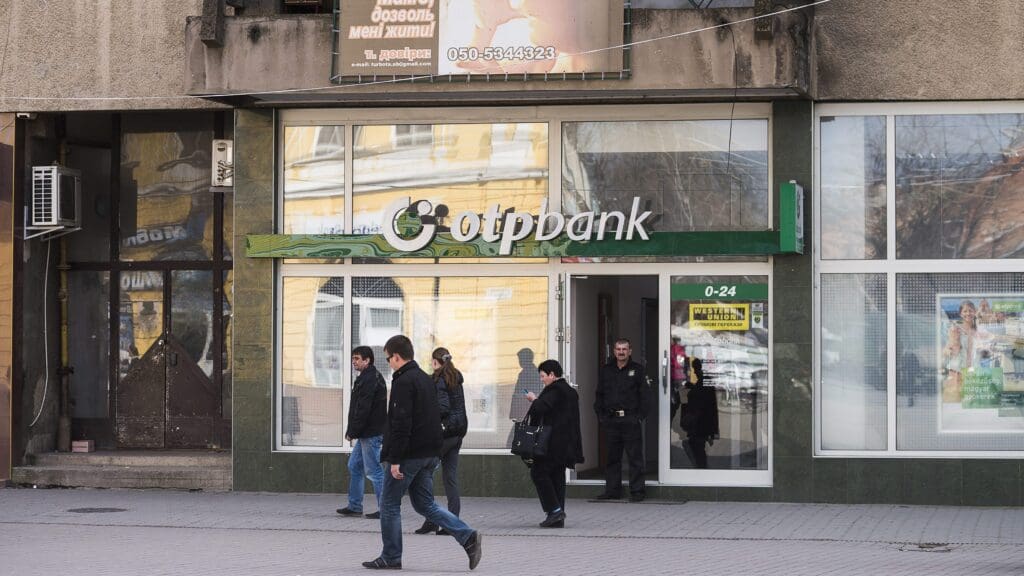
Despite OTP’s continued support of Ukraine, the Ukrainian National Agency on Corruption Prevention has recently classified the Budapest-based bank as an ‘international war sponsor’ for not shutting down its Russian subsidiary.
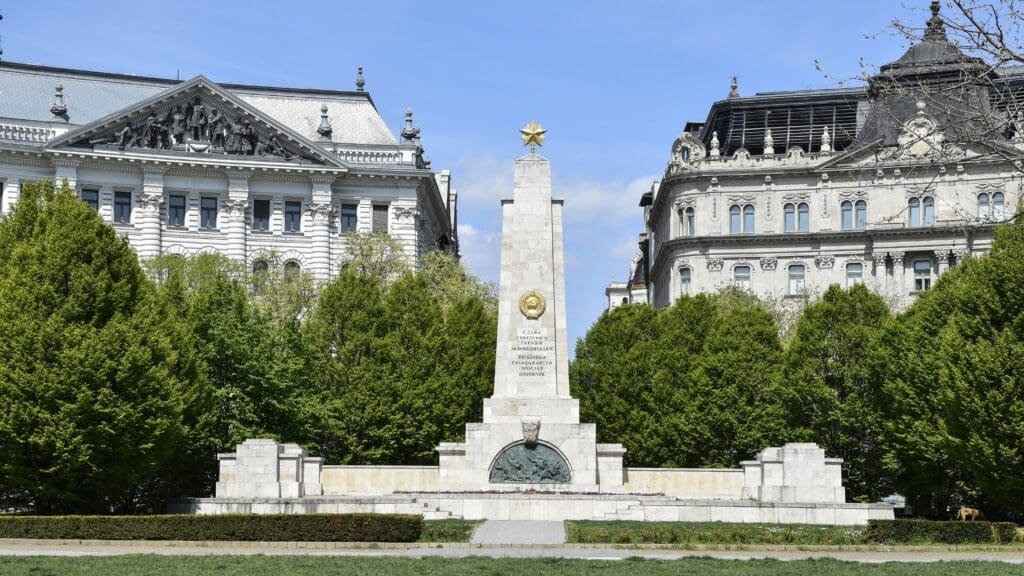
Hungary is not the only country in East-Central Europe that sees unwanted commentary and meddling by Russia with regard to interpretations of its history. The periods the evaluation of which is the most frequently contested by Russia are the Cold War era and World War II. While Russia glorifies the USSR’s effort to defeat Nazi Germany, CEE countries, including Hungary, highlight the 45 years the Red Army spent in Central Europe as an occupying force after the end of World War II.
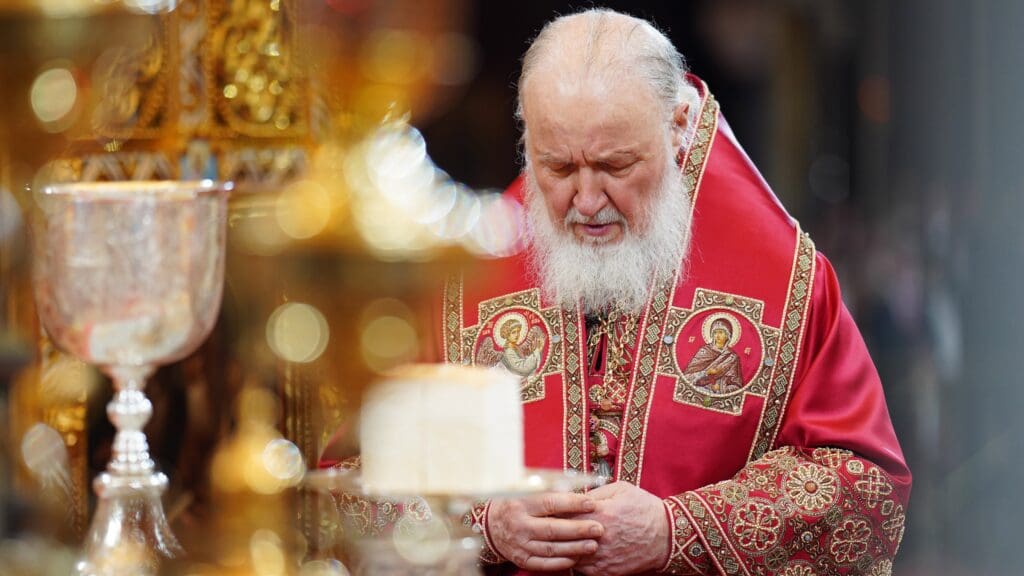
Answering the call of the representatives of Orthodox communities, Hungary recognised that the Russian Orthodox Church has some 100 million members worldwide, and the sanctioning of its leader would isolate religious people from their spiritual leader. The Patriarch is regularly prayed for and commemorated during church services in Hungary, too, as it is home to a Hungarian Orthodox community under the Moscow Patriarchate.

It remains to be seen, however, if this desperate craving for attention, and the aggressive and violent actions that some of the opposition forces engage in are appealing to the Hungarian electorate. It is more likely that meaningful, constructive actions, and a comprehensive and relevant political agenda would benefit these opposition parties more than any of the stunts they have been recently engaging in.

Four Central European countries, Poland, Hungary, Slovakia, and Bulgaria, have announced bans on foodstuff imports coming from Ukraine. Meanwhile, Romania has joined them in demanding action from the EU to address these concerns. The five countries are estimated to have lost 417 million EUR combined due to cheap Ukrainian food imports.

Hungary has recently announced that it is leaving the International Investment Bank, soon after the US Treasury imposed sanctions on the IIB and its leadership. But what is the story behind this controversial financial institution and what led to its demise?
Every year, storks make a long and perilous journey from their wintering grounds in Africa back to their breeding grounds in Central Europe and Asia, and in the Hungarian culture, their return in spring is always a cause for celebration.
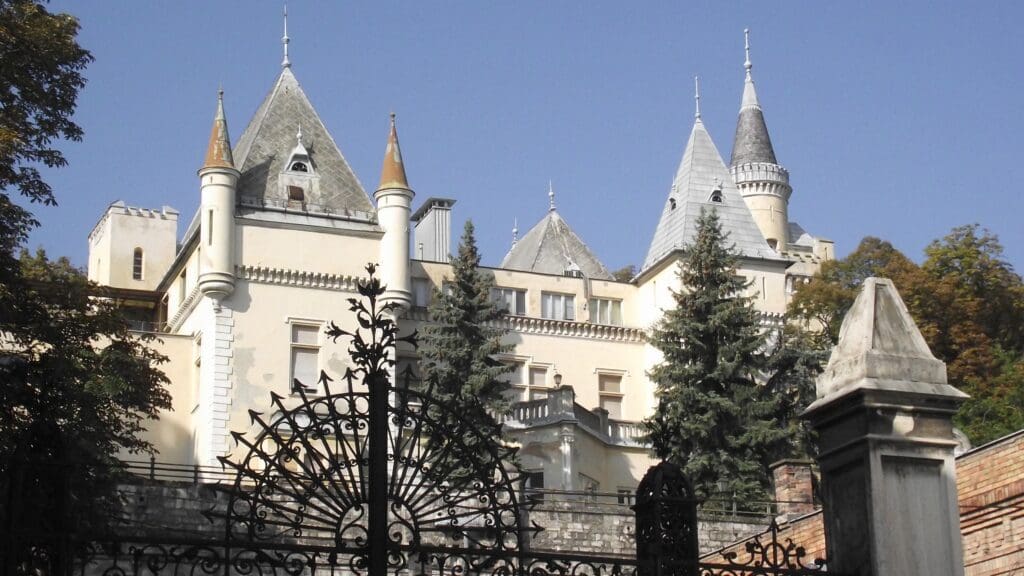
Traditional Hungarian drinks range from the bittersweet Unicum and the fizzy fröccs to the Hungarian lager Dreher and the sparkling Törley. Some of the iconic brands were created by distinguished families, whose legacy lives on, even if the companies manufacturing the drinks they created do not necessarily belong to those dynasties any more.
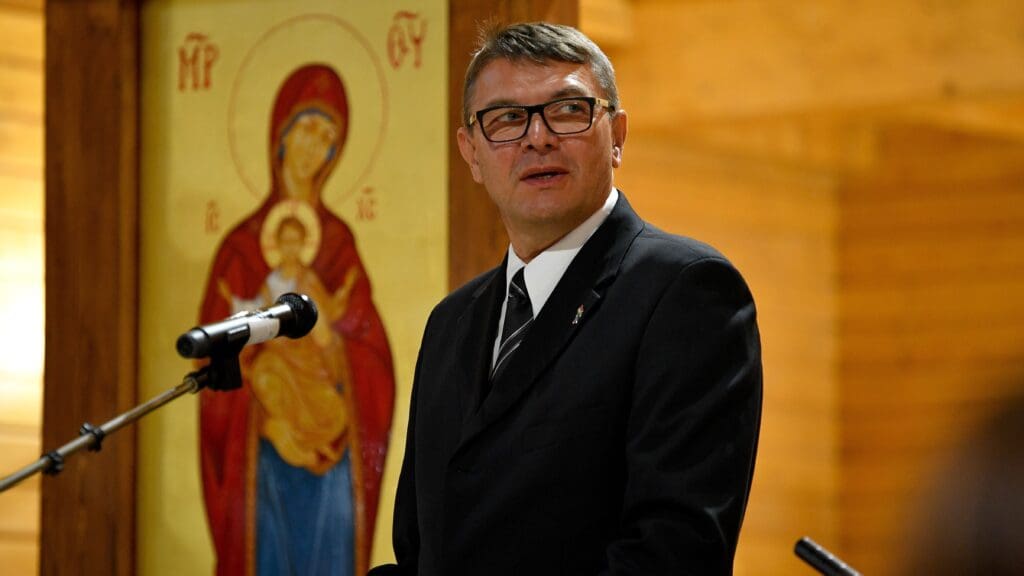
For over a thousand years, Hungarians and Rusyns have lived peacefully together. This shared history offers important lesson of cooperation and mutual respect.
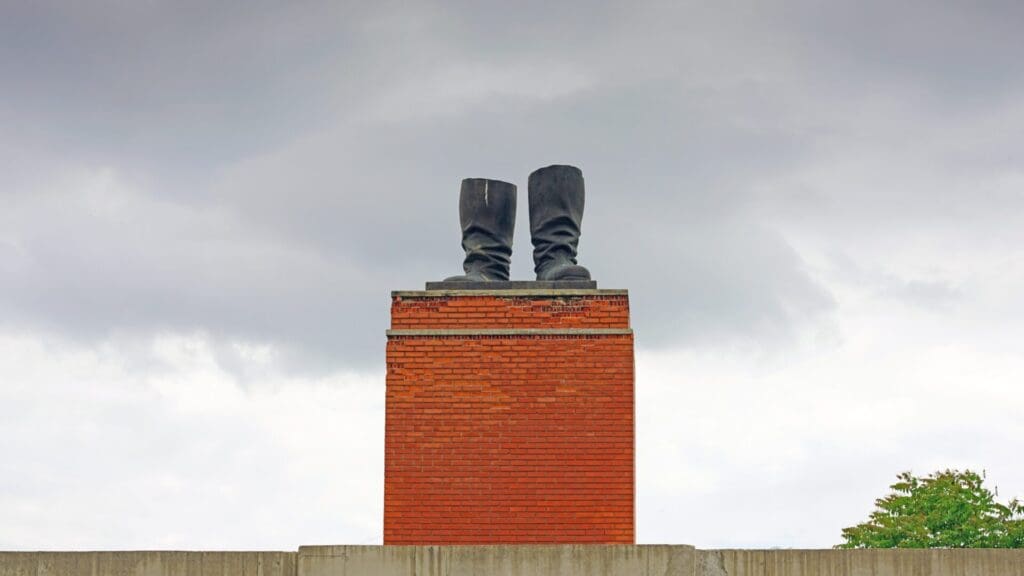
The International Day of Monuments and Sites, celebrated annually on this day, is dedicated to appreciating the cultural heritage around us, as well as raising awareness about the need to maintain and safeguard our built environment.

While there are only two cold-blooded horses that originate from historical Hungary, there are several warmbloods. Of the Hungarian warmblood horses, the most famous one is probably the Hucul pony, also known as the Carpathian pony. This breed is a direct descendant of wild horses.

Each country has its mysterious stories and haunted castles–Hungary is no different: from crypts to witch islands, Hungary has its fair share of uncanny but beautiful places.
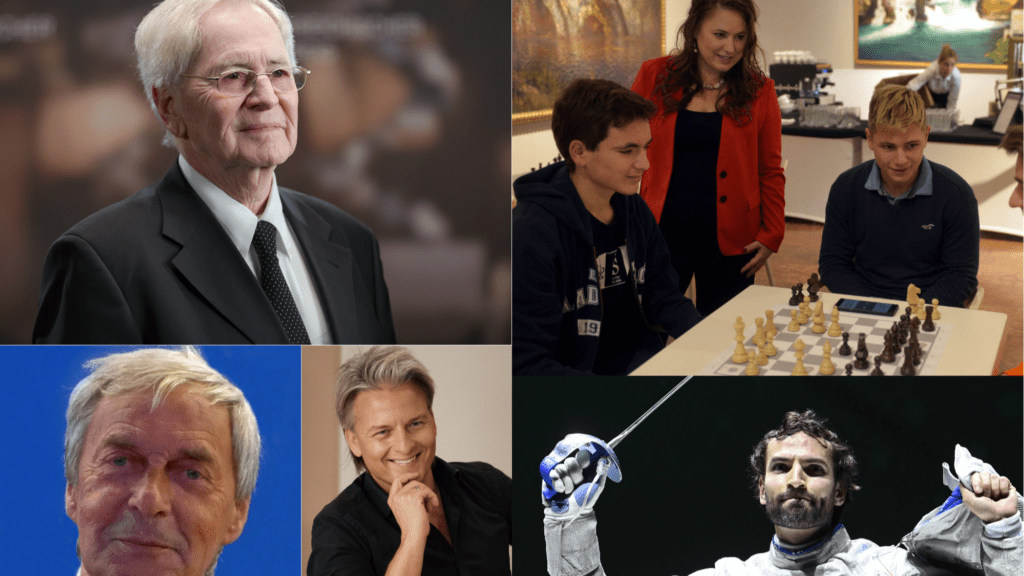
Balázs Havasi, Judit Polgár, Ernő Rubik, István Szabó and Áron Szilágyi — five great contemporary Hungarians who have achieved unmatched successes.

Hungarian policymakers not only consciously reject the idea that history did and can end, but also do not pretend that the final chapter of Ukraine’s or Europe’s war-torn history can be ‘closed’ once and for all.
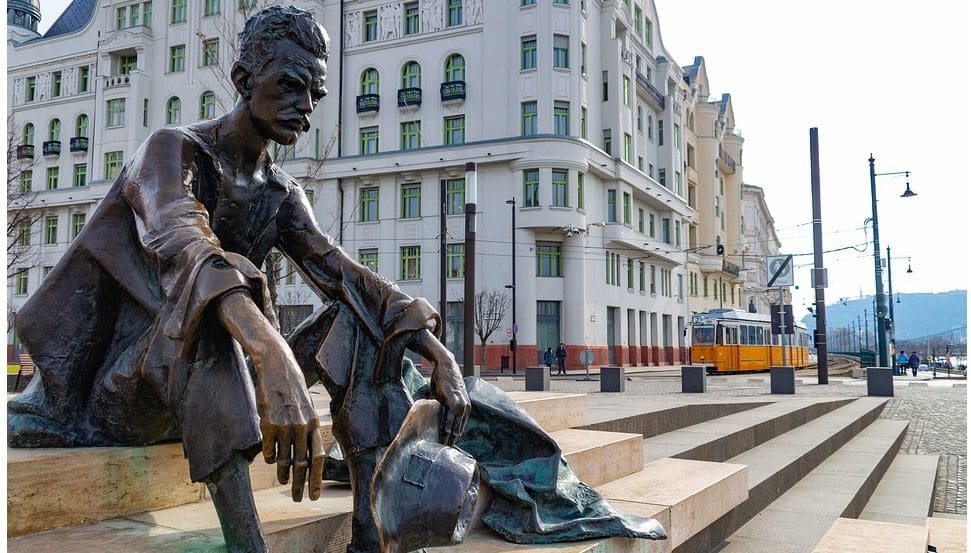
Celebrate the Day of Hungarian Poetry by reading the English translation of poems written by some of the greatest Hungarian poets, Attila József, Miklós Radnóti, Mihály Vörösmarty, Endre Ady, and Dániel Berzsenyi!

Ahead of the early elections in Slovakia, Hungarian minority parties are negotiating to create an election alliance, in order to maximise the chance of an ethnic Hungarian party being present again in the Bratislava parliament.

Warsaw eagerly supported the USG commitment to increase American military presence in the region right from the start, as the country has been pushing for a stronger stance on Russia for years. With the additional 1,700 US troops that Poland welcomed this year, now there are 10, 000 American soldiers stationed in the country.
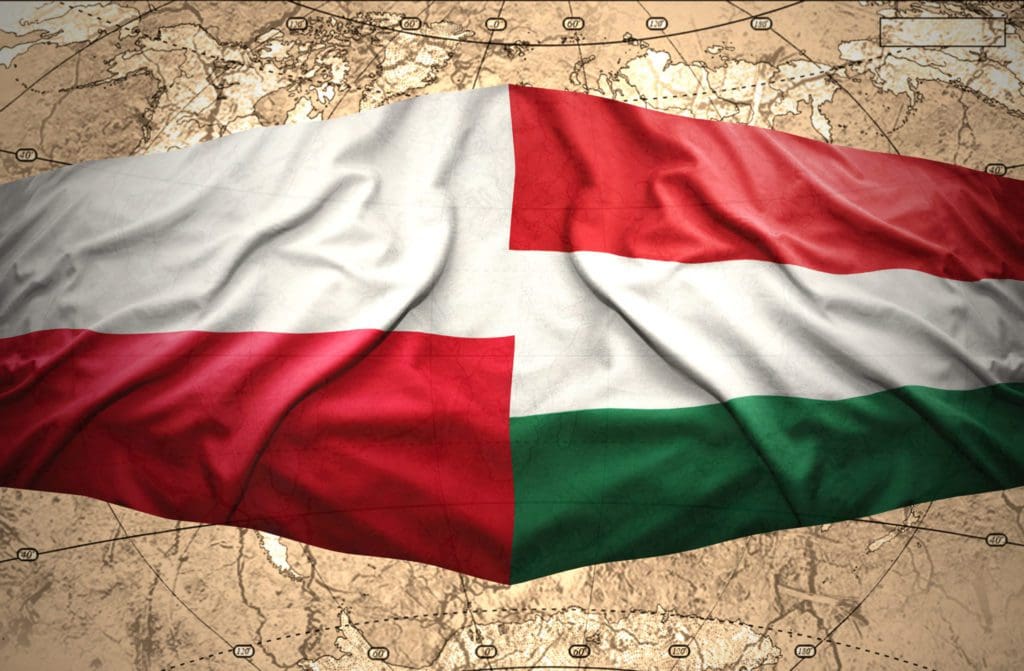
Demonstrating that the bond between the two states is more than just political declarations or self-interested cooperation, Hungary is marking the Day of Hungarian–Polish friendship with a series of cultural events across the country.

Hungary’s green party, LMP vocally objects to the planned investments on environmental grounds. First, it started organising a local referendum in Debrecen on the matter. Although the party did get a green light to collect signatures for the plebiscite, it never actually began working on implementing its initiative.

21 March is dedicated to forests worldwide, while 22 March marks World Water Day. To celebrate these two days, we showcase the natural treasures of the Duna-Ipoly National Park, which offers plenty of opportunities to explore the beauty of Hungarian forests and freshwater sources.
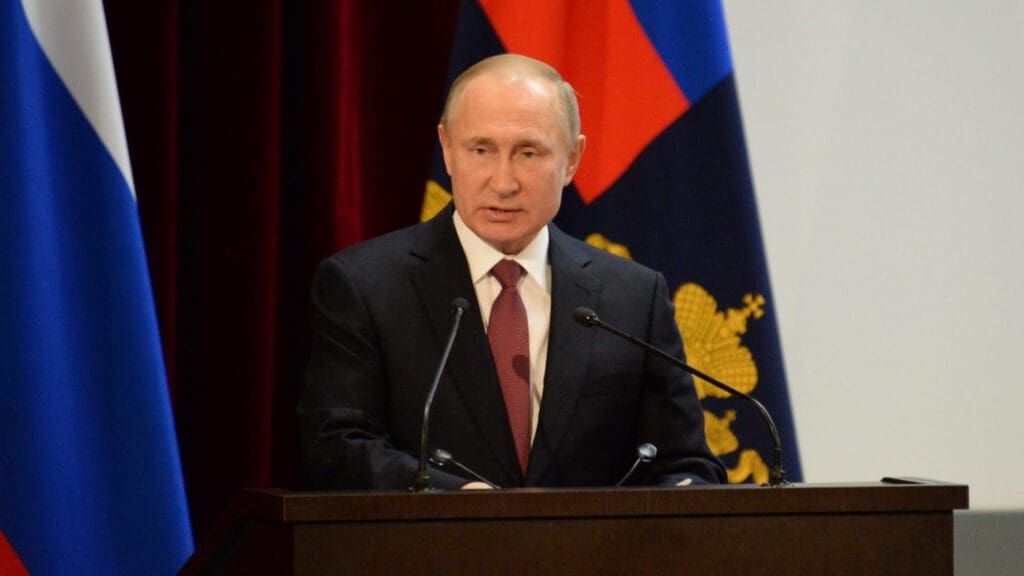
Hungary did not veto a joint EU statement on Putin’s arrest warrant, the MFAT’s spokesperson stated on Monday evening. ‘Hungary has taken note of the ICC decision and does not wish to comment on it in any way,’ Máté Paczolay said.

Hungarian Conservative is a quarterly magazine on contemporary political, philosophical and cultural issues from a conservative perspective.